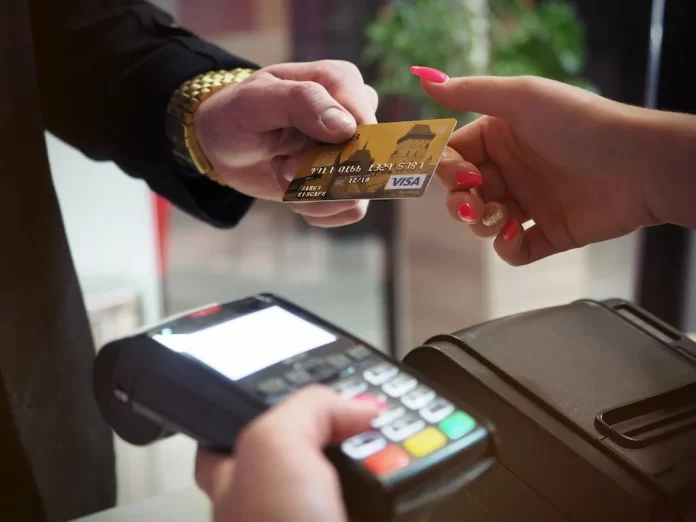Image Source: pexels.com
When used responsibly, a credit card can emerge as an invaluable ally in your financial journey. You elevate your credit score by consistently meeting payment deadlines and opening doors to enticing rewards and benefits.
Some credit cards offer zero-interest rates for a limited time period, specifically for balance transfers from other cards.
Let’s walk you through some valuable tips on effectively using your credit card in India, making the most out of its benefits while avoiding common pitfalls.
Table of Contents
Tips for using your credit card wisely
- Set an ideal credit limit
When you receive your credit card, the issuer will assign a credit limit, the maximum amount you can spend using the card. Setting a credit limit that aligns with your financial capacity is crucial.
It may be tempting to request a higher credit limit, but it’s prudent to consider your ability to pay it back. It’s generally recommended to maintain a credit utilisation rate of 30% or less, which can help you improve your credit score and better manage your finances.
- Track your expenses
With the convenience of a credit card comes the responsibility of tracking your expenses diligently. Keep a record of each transaction you make using your card.
This can be done through mobile apps provided by the card issuer or by manually recording transactions in a notebook. Regularly reviewing your transactions helps you stay within your budget and promptly identify any unauthorized or fraudulent charges.
- Pay your monthly bills
One of the most important aspects of using a credit card is paying your bills on time. Failing to do so can result in hefty interest charges and late payment fees. You can avoid missing due dates by setting up reminders or automatic payments.
Pay the full statement balance each month if possible to avoid accumulating high-interest debt. If paying the full balance isn’t feasible, strive to pay more than the minimum amount to reduce interest costs or choose EMI options.
A tool like an EMI on credit card calculator can prove invaluable in understanding the implications of choosing to pay in installments. This calculator provides insights into how your payments are structured, allowing you to make informed decisions about managing your financial obligations.
- Review your credit card statements
You will receive a monthly credit card statement detailing your transactions, outstanding balance, minimum amount due, and due date. Take the time to review this statement to ensure its accuracy thoroughly.
If you detect any discrepancies or unauthorised charges on your credit card, it is important to contact your credit card issuer immediately. Ignoring these issues can lead to financial complications down the line.
- Read the terms and conditions properly
Credit cards have terms and conditions that outline the card’s features, fees, interest rates, and rewards program details. Reading and understanding these terms is essential before using your credit card.
Pay close attention to the interest rates for different transactions (purchases, cash advances, balance transfers) and any annual fees associated with the card. Knowing these terms helps you make informed decisions and avoid unexpected costs.
- Use cashback rewards and offers
Many credit cards in India offer cashback rewards, discounts, and special offers on specific purchases or at partner merchants. Take advantage of these benefits to save money on your expenses.
However, don’t get swayed into making unnecessary purchases for these rewards. Focus on using these offers for items you would have bought anyway to benefit from them genuinely.
Bottom line
Credit cards wield remarkable potential within your grasp, but their potency hinges on your prudent usage. As you tread the path, choose your credit card wisely, recognizing the substantial implications and responsibilities tied to this pivotal financial decision. Your financial future rests in your hands.



